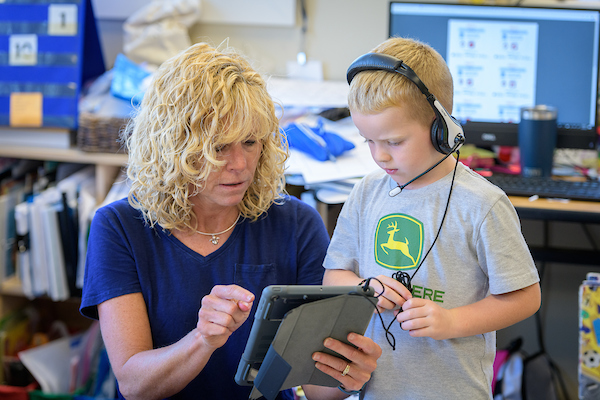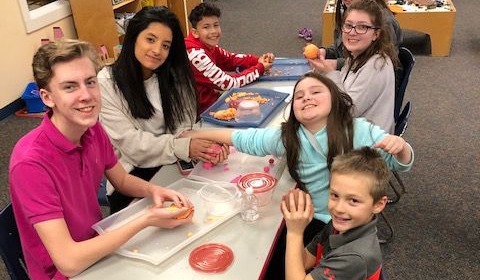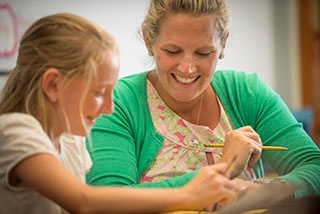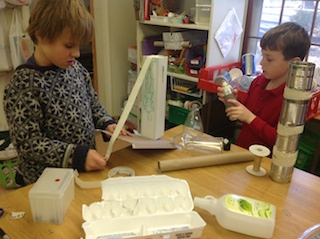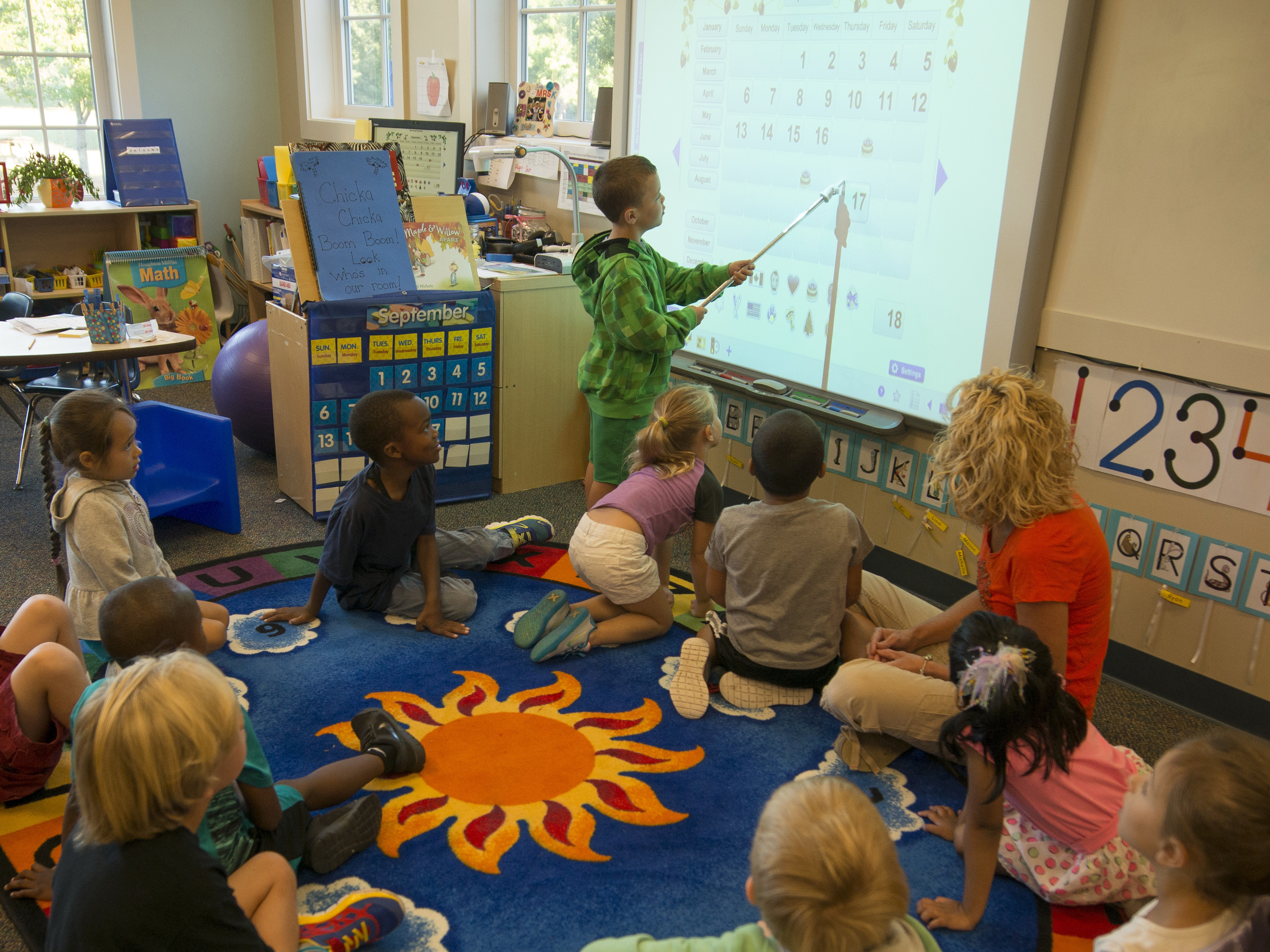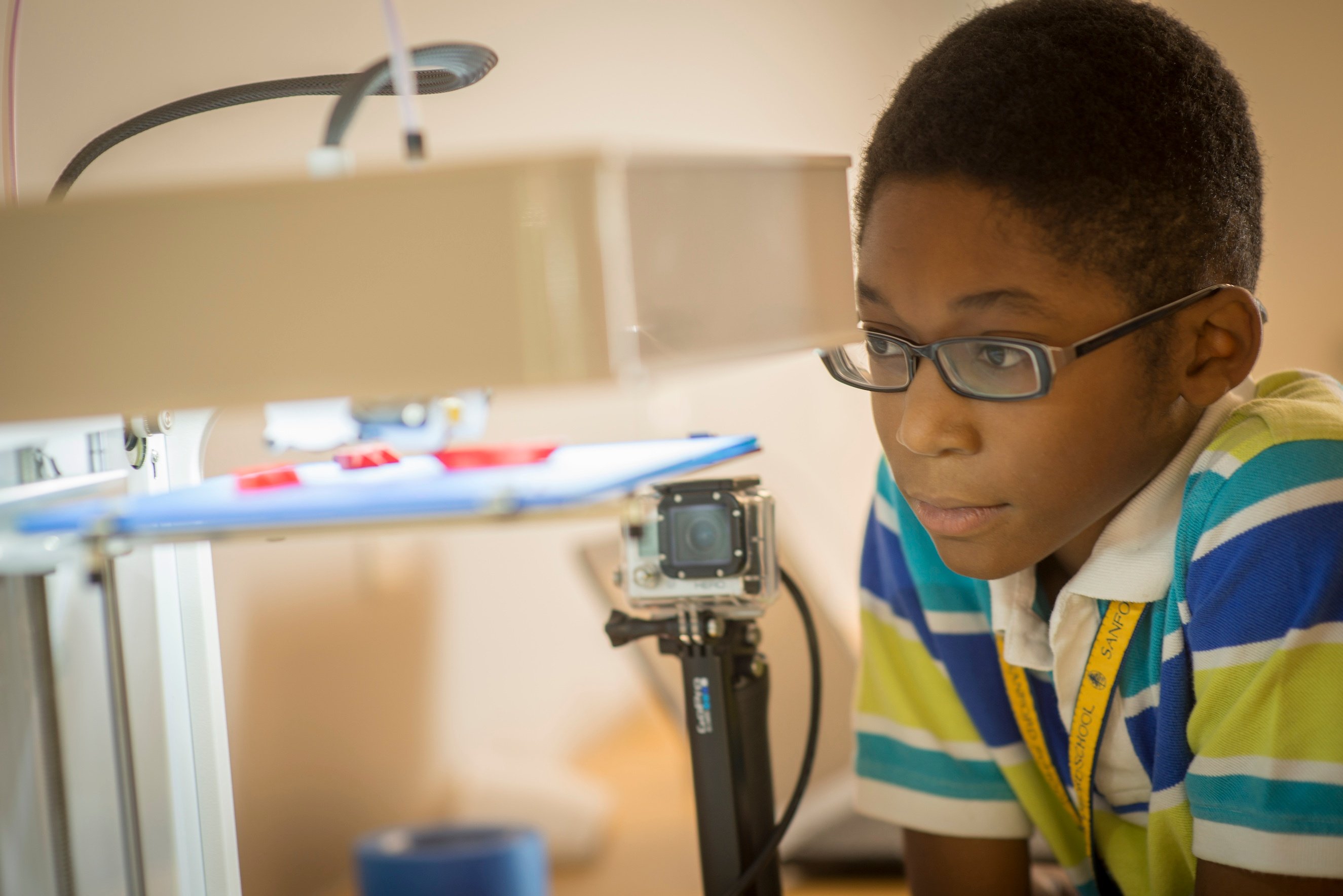As in many industries, trends in education come and go—sometimes quickly. Each trend often comes with its own acronyms or new terms to describe specific types of teaching and learning. This can be overwhelming to parents who are trying to evaluate school options for their children. Sanford School’s faculty members have devised a “cheat sheet” incorporating their own observations to help you work your way through the current lingo.
STEM! STEAM! 21st Century...The ABCs of Educational Buzzwords Part 1
Choosing an After School Extended Day Program: A Guide
If you’re a working parent, ask yourself what hours in your child’s school day cause you the most concern. If you’re thinking of those critical hours between 3 PM and 6 PM, according to research conducted by The Afterschool Alliance, you’re not alone.
The need for before- and after-school care for school-aged children makes a top-notch Extended Day program an integral part of an education decision. To ensure the highest quality of care and comfort for each child at the start and end of a busy day, a good Extended Day program should offer parents and school-aged students opportunities that are:
- Affordable
- Accessible
- Age appropriate
- Secure
- Fun!
Extended Day professionals understand that students in different age groups have varied academic, psychological, and physical needs. To accommodate these considerations, they strive to provide a variety of settings, activities, and staff to best support each child.
Topics: After-School Programs
Parents Matter: Building Self Advocacy Skills
Recently I was driving behind a license plate that read, “Be A Dad.” My thoughts were instantly transported to the night before, when my daughter said, “I want to tell Dad something” as I was kissing her good night. I replied with, “Dad’s in with your sister reading her a book, can you tell me? No, you’ll be mad at me” she responded. In that moment, I was completely grounded. I felt terrible that I had reacted in the past in a way that would communicate that she could not tell me just about anything. Many instances in my mind replayed when I had been tired and therefore irritated, when I had told her to “GO TO BED AND STOP THIS NONSENSE.” I did not listen. I shut her down. Where was my compassion, my caring and understanding?
Topics: Health & Wellness, Parenting Tips
If you ask young children what they want to be when they grow up, the most popular career choices are artists or athletes...and an occasional paleontologist. No matter where their dreams take them, though, they will rely on the skills, behaviors, and qualities that develop during a high-quality art education experience.
Topics: Arts
The Value of a Performing Arts Program Reaches Beyond the Stage
At many times during our adult lives, we are asked to stand before a crowd and speak, deliver a presentation for work, or even offer a toast to a happy couple. Speaking in front of a group of people can make your palms sweaty and your heart starts to race. Without a podium to lean on, one can feel exposed and uncomfortable. Experience in the performing arts can empower students to express themselves in public forums with effectiveness, skill, and confidence for the rest of their lives
Ask art teachers about the superstars in their classrooms; they will report that their students are the smartest kids on campus. Research supports these claims. Student involvement in the arts— whether theatre, dance, music, or visual—develops skills linked to improved performance in other disciplines. These include:
- Reading acquisition
- Phonological awareness
- Sequence learning
- Long-term and working memory
- Spatial relationship
- Student motivation
- Observation.
However, the need to quantify the value of art education in relation to alternate academic disciplines is flawed and predicated on recent trends cutting the arts in favor of targeted teaching to standardized tests.
In a recent TED (Technology, Entertainment, and Design) talk, now-former National Association of Independent Schools' President Pat Bassett presented on “Schools of the Future.” Rather than evoking a Jetsons’ cartoon with robots and hover crafts, the School of the Future looks and feels very much like many in our area. Such schools, Bassett claims, make five institutional shifts.
Applying to College: Advice for Students and Families
Q: Word on the street is that it's harder to get into college now than it used to be. Truth or myth?
A: The most selective schools are receiving more applications than ever, so their acceptance rates continue to decline; however, every college is seeking students. If we look past name-branding, there are plenty of great schools out there! The key to finding schools that will be a great fit is for each student to have the self-awareness to determine what factors and practical considerations, including affordability, matter most. Communicate these things to the school guidance or college counselor, who has the current knowledge and experience to help steer students toward some great options and resources. No matter where students attend college, what matters most for their future success is what they do once they're there.
Topics: College Guidance
Liberal Arts and STEM are not Mutually Exclusive
The term “liberal arts" is used a lot but often misunderstood. STEM, an acronym for Science, Technology, Engineering, and Mathematics, is the latest buzz word in education. To hear people talk about these two concepts, they seem at odds with one another. But are they really?
Liberal arts is a shortened version of liberal arts and sciences. It refers to a philosophy of education embraced by many American colleges and universities. A key point here is that the sciences are an important part of a liberal arts education. For example, a biology major in a liberal arts program will devote about one-third of his or her overall college curriculum to biology. The other two-thirds, spread over a wide range of disciplines, offers educational breadth and is the hallmark of a liberal arts education.
Topics: College Guidance, STEM
Just as I did when I was a youngster, I LOVE RECESS!!! Some may think it is an odd thing for an adult to brag about, but as a career educator in the field of physical education and athletics, I feel that recess is a wonderful learning tool for young people. Recess time provides the training ground for many valuable life lessons that adults use every day
Topics: Health & Wellness

